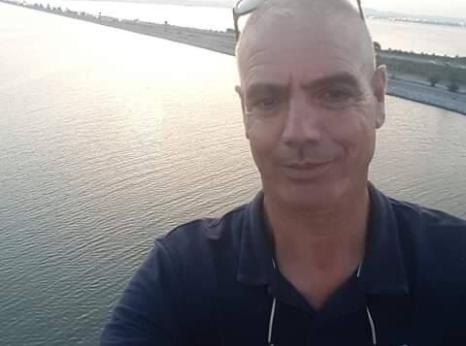Algeria: Activist Sentenced Following Refoulement

Slimane Bouhafs, 56, is an Amazigh activist and Christian convert. In 2016, he served two years in prison for Facebook posts, for which a court sentenced him for “offending the Prophet” and “denigrating the creed and precepts of Islam”. In 2018, he fled to Tunisia and was granted refugee status by UNHCR in 2020. Yet, in August 2021, he went missing, only to reappear four days later in a police station in Algiers. In September 2021, a judge opened a criminal investigation against Slimane on 10 charges, including “membership in a terrorist organization” and “undermining the integrity of the national territory”, for his alleged links to MAK and for Facebook posts.
On 20 September 2021, a group of UN independent human rights experts asked the Tunisian and Algerian governments to explain any steps they had taken to transfer Slimane Bouhafs from Tunisia to Algeria, and any legal grounds for the criminal investigation against him in Algiers.
Algeria’s permanent mission to Geneva responded to the UN experts in a letter from Algeria in October 2021, they claimed that Slimane Bouhafs had posted messages on Facebook attacking the Algerian state, its symbols, and its institutions, and praising the MAK, an organisation which the Algerian authorities labelled as terrorist in 2021 and had communicated with members of the group. However, Algerian authorities have said nothing publicly on how, when, and under what circumstances Slimane Bouhafs entered Algeria. Under international human rights law, Tunisia is obligated to protect Slimane Bouhafs from being kidnapped and forcibly returned from Tunisia. Tunisia is bound by the principle of non-refoulement, prohibiting forced returns, expulsions, or extraditions – both of refugees to countries where they could face threats to their lives or freedom, and of anyone to countries where they could face torture.
The Algerian authorities’ crackdown on critical voices shows no signs of abating. In the past two years, at least 280 journalists, bloggers, activists and human rights defenders have been harassed and unlawfully imprisoned on charges related to the exercise of their rights to freedom of expression and peaceful assembly.
Since April 2021, the Algerian authorities have increasingly resorted to the use of overly broad charges of “terrorism” or “conspiracy against the state” to prosecute human rights defenders and Hirak activists. On 18 May 2021, the High Council for National Security (HCNS), a consultative body in charge of advising the President of the Republic on security issues, announced that the political opposition organization Rachad and the group MAK were labelled as “terrorist entities.” In June year, the Penal Code was amended to expand the definition of terrorism to include “attempting to gain power or change the system of governance by unconstitutional means.” On 18 August 2021, the HCNS, presided over by President Tebboune, decided to arrest all the members of the two movements, whom the authorities accuse of implication in the Kabylie forest fires which killed tens of people, until the “radical eradication” of both movements.